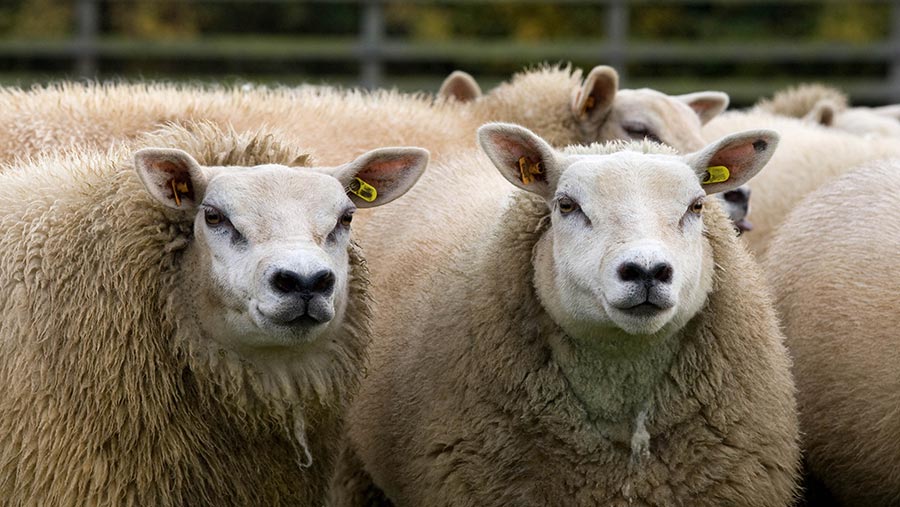Coronavirus: Flock health accreditation will be maintained
 © Tim Scrivener
© Tim Scrivener Sheep breeders will maintain their flock accreditation status for health schemes despite vets being unable to test animals.
Routine blood testing of animals by vets has been suspended due to coronavirus.
Many sheep producers were concerned they would lose their maedi visna-free status and this would devalue stock at a key time of the year when they are selling breeding animals.
See also: How to identify and manage maedi visna and Johne’s in ewes
But in a statement released yesterday (8 April) George Caldow, Head of SRUC Veterinary Services, which runs the Premium Sheep and Goat Health Scheme (PSGHS), confirmed that members of the scheme would maintain their flock accreditation status.
He said PSGHS would also continue to issue certificates, provided the flock keeper signed a declaration confirming that the rules of the programme were being followed.
Farmers will not be required to blood sample and test animals until Covid-19 movement restrictions are lifted and sampling can resume.
He said: “We understand the vital importance that flock health status has for the sales later this year, and that is both for our members selling stock, but also for clients who look to buy great genetics in healthy animals from flocks that are accredited free of disease.
“We have consulted with our PSGHS advisory board, made up of representatives from breed societies, National Sheep Association, British Goat Society and members of the veterinary profession. The course of action has been agreed by the board.
“We have very effective health schemes that have allowed members to manage the risk of maedi visna and EAE [enzootic abortion] to a very high degree. We will ensure that this continues.”
When routine testing is resumed, members whose tests have been delayed will be given three months in which to have blood sampling and testing completed.
Certification status will be maintained during this time.
The PSGHS advisory board said the changes would create “negligible added risk” but advised vendors and purchasers of breeding sheep to carefully manage biosecurity and consult with their vet to minimise the risk of infectious disease.
For advice on managing sheep biosecurity, visit the Nadis page.
